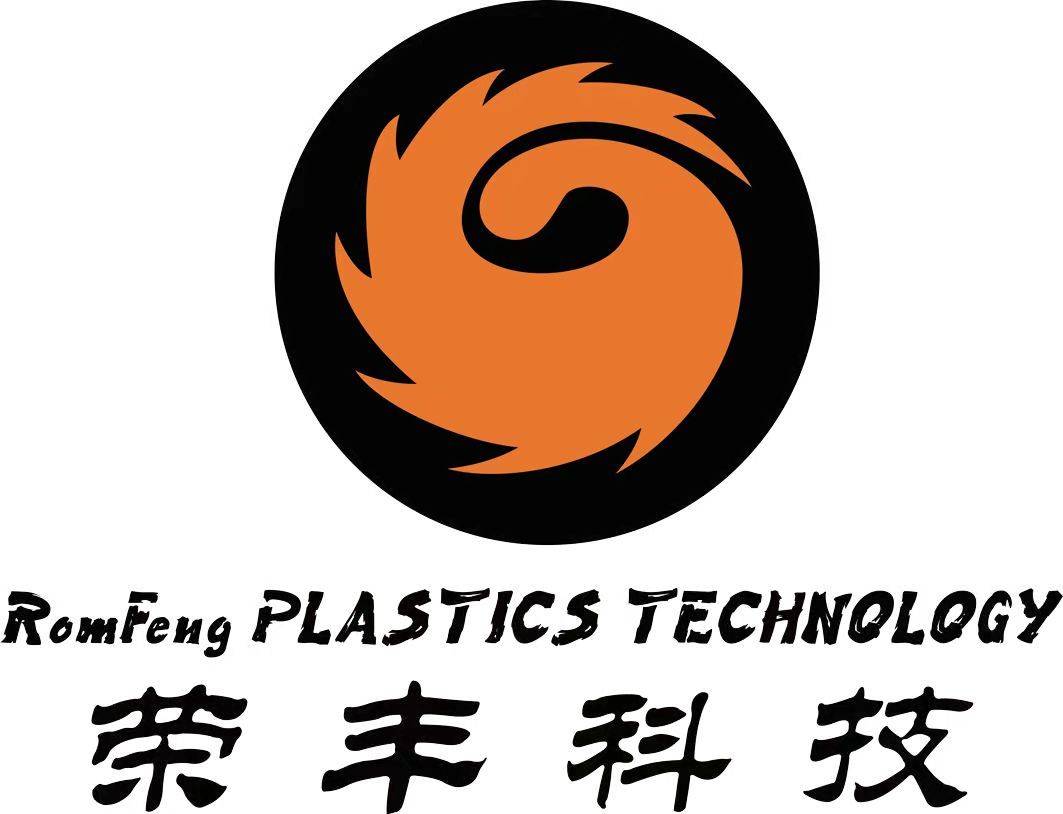PRODUCTS
Modified Materials For Wires And Cables
120 ℃ -40 ℃ Hardness Shore D 45 TPE Car Dust Covers Special Elastic Material
Special Elastic TPE for Auto Dust Covers -40°C~120°C Shore D45 Industrial Grade
Learn More
PUR Modified Materials for Drag Chain Cables Outer Jackets
PUR Materials for Drag Chain Cables (V0 Grade)
Polyurethane (PUR), particularly thermally stable V0 flame-retardant grades, is a premium sheath material for demanding drag chain cables. Key advantages include:
Superior High-Flex Performance: Excellent recovery and resistance to micro-cracking, enabling millions of flex cycles even in tight radii.
Exceptional Abrasion & Cut Resistance: Outperforms PVC significantly, vital for harsh chain environments.
Wide Temperature Range: Typically -30°C to +90°C or better, maintaining flexibility in cold and resisting heat.
Excellent Resistance: Highly resistant to oils (hydraulic/mineral), fuels, solvents, and hydrolysis.
Halogen-Free V0 Flame Retardancy: Meets UL94 V0 standard (self-extinguishing, no flaming drops) while avoiding halogenated smoke/acid gases.
PUR V0 is the preferred choice for high-speed, high-flexibility, harsh-environment applications where longevity, safety (V0), and resistance are critical, despite its higher cost versus PVC.
Learn More
PVC Modified Materials for Drag Chain Cables
PVC (Polyvinyl Chloride) is a common jacket material for cables used in drag chains (energy chains), valued for its balance of properties and cost-effectiveness. Key advantages include:
Good Abrasion Resistance: Withstands constant movement and rubbing inside the chain.
Flexibility: Plasticizers allow sufficient bending for tight radii.
Chemical & Weather Resistance: Protects conductors from oils, coolants, light chemicals, and UV exposure.
Halogenated: Offers inherent flame retardancy.
Cost-Effective: Generally cheaper than alternatives like TPE/PUR.
However, standard PVC has limitations:
Stiffens at Low Temperatures: Can crack in very cold environments.
Limited High-Flex Cycles: Plasticizers can migrate out over time, causing hardening and cracking, making it less suitable for very high-flex or high-speed applications than PUR or TPE.
Temperature Range: Typically limited to -5°C to +70°C or -10°C to +80°C for chain-compatible formulations.
PVC is ideal for moderate-flex, cost-sensitive drag chain applications within its temperature limits.
Learn More
TPE Modified Materials for Drag Chain Cables Outer Jacket and Insulation
TPE modified materials, such as TPE-O, are specifically engineered for drag chain cables to deliver superior flexibility and longevity under high mechanical stress. Key characteristics include high alternating bending strength, halogen-free composition for safety, and resistance to oils, chemicals, UV radiation, ozone, and harsh environments like those with hydrogen sulfide or ammonia. These materials ensure low friction, tear resistance, and durability in drag chain systems for long-distance, multi-speed applications, with operational temperatures ranging from -40°C to +80°C.
Learn More
Thermoplastic Elastomers (TPEs) offer unique advantages for spring applications where traditional metal springs are unsuitable. Key benefits include:
Lightweight: Significantly lighter than metal springs.
Corrosion Resistance: Inherent resistance to moisture and many chemicals.
Design Flexibility: Easily molded into complex shapes and integrated during part assembly.
Quiet Operation: Dampen vibration and noise effectively.
Cost-Effective Processing: Efficient high-volume molding (injection, extrusion) reduces part cost.
Common TPE Types & Uses:
TPV (PP/EPDM): Excellent compression set resistance for seals & pads.
COPE (TPC-ET): High resilience & fatigue resistance for dynamic components.
TPU: Offers high abrasion resistance and load-bearing capacity.
SBC (TPS): Good low-temperature flexibility for simpler springs/dampers.
Limitations: Lower stiffness, temperature resistance (<120-170°C typically), and load capacity compared to metal. Best suited for low-to-medium force applications requiring specific properties like chemical resistance, quietness, or complex geometry.
Learn More
PVC (Polyvinyl Chloride) is extensively modified for durable, high-performance dog leashes. Key modifications include:
Plasticizers: Essential for achieving the necessary flexibility and soft feel (e.g., non-phthalate DINP/DPHP for safety compliance).
Stabilizers: Prevent degradation during processing and enhance long-term resistance to UV light, heat, and weather exposure (critical for outdoor use).
Fillers: Improve abrasion resistance, stiffness control, and reduce costs (e.g., calcium carbonate).
Impact Modifiers: Enhance toughness and durability to withstand pulling and chewing.
Pigments: Provide vibrant, fade-resistant colors.
These modifications create leashes offering excellent tensile strength, weather resistance, easy cleaning, comfortable grip, and tailored stiffness/flexibility, ensuring safety, longevity, and compliance with pet product regulations (e.g., FDA, REACH).
Learn More
Silane XLPE XLPO Materials for Solar PV1-F Cables Insulation
Silane-crosslinked polyethylene (XLPE) and crosslinked polyolefin (XLPO) are advanced insulation materials widely used in solar PV1-F cables. These materials offer excellent thermal stability (up to 120°C), UV resistance, and mechanical strength for photovoltaic applications. The silane crosslinking process enhances dielectric properties while maintaining flexibility. Compared to conventional PVC, XLPE/XLPO provides 2-3 times longer service life with better moisture and chemical resistance. Their low smoke emission and halogen-free composition meet IEC 62930 standards for fire safety. These lightweight materials reduce cable weight by 15-20% versus rubber insulation, lowering installation costs. Their superior weatherability ensures reliable performance in harsh outdoor environments for 25+ years.
Learn More
Silane XLPE XLPO for Solar Cables PV1-F Sheathing
Silane-crosslinked polyethylene (XLPE) and silane-crosslinked polyolefin (XLPO) are key materials for solar cable sheathing due to their excellent durability and performance. XLPE offers high thermal resistance (up to 120°C), UV stability, and flexibility, making it ideal for outdoor PV applications. XLPO, a modified polyolefin blend, provides enhanced mechanical strength, chemical resistance, and lower smoke emission during combustion. Both materials are processed via moisture-curing silane grafting, ensuring efficient crosslinking without specialized equipment. Their lightweight, abrasion-resistant properties comply with IEC 62930 and TUV standards for solar cables. These materials ensure long-term reliability in harsh environments, supporting efficient energy transmission in solar power systems.
Learn More
PVC Materials for Agricultural Hoses
PVC for Agricultural Hoses (100 words)
Polyvinyl Chloride (PVC) is a predominant material for flexible, lightweight agricultural hoses. Key advantages include:
Durability: Offers excellent resistance to abrasion, weathering, ozone, and many common agricultural chemicals (fertilizers, pesticides).
Flexibility: Provides good maneuverability for irrigation, spraying, and water transfer around farms, even in cooler temperatures.
Cost-Effectiveness: Generally more affordable than rubber alternatives while delivering reliable performance.
Smooth Bore: Minimizes friction loss for efficient water flow.
Lightweight: Easier to handle, deploy, and store than heavier hoses.
Reinforcement (like polyester yarn or fiber mesh) is embedded within the PVC walls to handle operating pressures typical for farm use. It effectively replaces heavier rubber hoses for many mid-pressure applications.
Learn More
Polyurethane (PUR) is widely used in cable jacketing due to its superior properties:
Exceptional Toughness & Abrasion Resistance: Withstands harsh physical environments better than many plastics.
Flexibility & Elasticity: Maintains flexibility over a wide temperature range, even at low temperatures, making it ideal for constant-flex applications (e.g., robotics, automation, trailing cables).
Chemical & Oil Resistance: Resists oils, greases, solvents, and many chemicals, crucial for industrial settings.
Cut & Tear Resistance: Offers high resistance to mechanical damage.
Environmental Resistance: Good resistance to ozone, weathering, and hydrolysis (especially specific formulations), suitable for outdoor use.
Plasticizer-Free: Unlike PVC, PUR doesn't rely on migrating plasticizers, ensuring long-term flexibility retention.
PUR jackets are common in robotic arms, drag chains, industrial machinery, portable power cables, and demanding outdoor applications. It's available as castable liquid systems or thermoplastic pellets (TPU).
Learn More
TPE Materials for Ice Cream Molds
TPE Material for Ice Cream Molds
Thermoplastic Elastomers (TPE) are ideal for ice cream molds due to their flexibility, durability, and food-grade safety. Key properties include:
Softness & Non-Stick: Easy demolding without damaging delicate ice cream shapes.
Food Compliance: FDA/EU-approved formulations resist oils and low temperatures (-30°C).
Reusability: Withstand repeated freezing/thawing cycles without cracking.
Eco-Friendly: Recyclable alternatives to silicone or PVC.
Common types include SEBS-based TPEs for elasticity and PP-blended TPEs for rigidity. Applications extend to DIY home molds and industrial production lines.
Learn More
The temperature resistance: 60℃, 70 ℃, 80 d℃, 90℃, 105℃, and 125℃; Excellent cold resistance and flame retardancy;
Learn More






